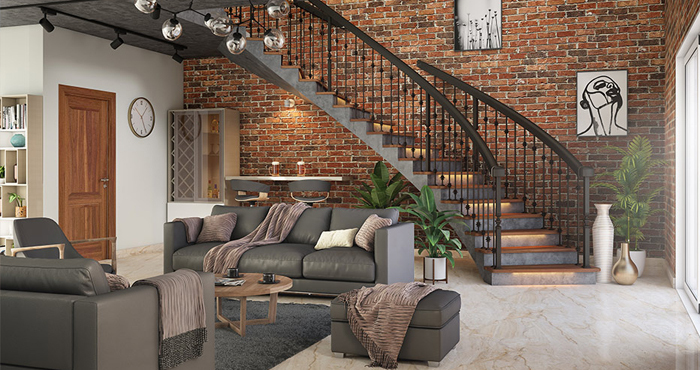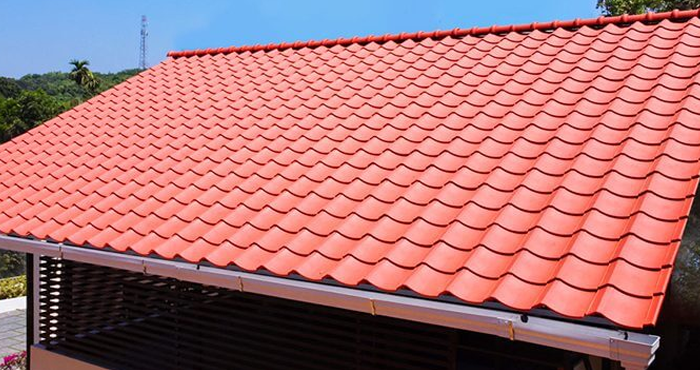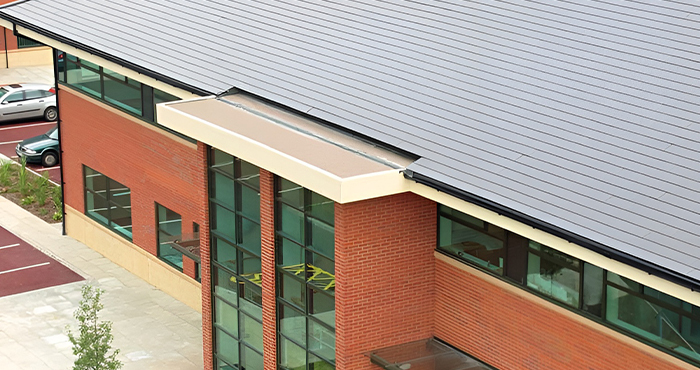What separates a presentable complex from a poorly built road? Usually, it is about the quality of the material used to build it, but what if both the places are built using the same materials and skills and still appear to be worlds apart in terms of overall quality. For example, let’s say the well-painted brick pavement next to the road does not do justice to the well-built smooth road, or the concrete-paved flooring in the society complex does not hold well under pressure.
Decisions like this matter as paving choice can prove to be a big one and so needs to be dealt with seriously. Depending on the use, durability, functionality, etc., choosing to go with a brick or a concrete paver should be carefully taken.
Brick paver Vs Concrete paver
Paver can be described as the surface covering of an area. A pavement or footpath that is present on the side of the road is the best example of how a paver can be explained. The surface that is the topmost layer of the ground and the one on which we keep our feet while walking is the paver.
Brick and concrete are two of the most well-known raw materials used in various construction-related works. While bricks are mainly used to heighten certain surfaces, the concrete comes to level the surfaces. Brick manufacturers construct standard bricks that come with a set of solid points and certain shortcomings. Similarly, concrete has its pros and cons to consider, so the decision to use either to make a paver can only be made after weighing its pros and cons.
Pros Brick
- Bricks can absorb colour and come in various colours instead of the brown ones that people are used to seeing. So the brick paver can indeed be more colourful than simply offering the brown colour that one expects of it.
- The durability of bricks is known to be more than concrete. Bricks don’t crack like concrete, even after a lot of wear and tear. As a result, the brick paver can hold its ground for a more extended period.
- Bricks can hold their own when it comes to remaining stain-free and are very easy to clean compared to concrete.
- Brick manufacturers make the brick in such a way that these stubborn materials don’t give up and can remain in style even after a more extended period of use. But unfortunately, the concrete surfaces can’t hold up the style quotient once they start cracking up.
- Brick manufacturers use all-natural materials when making bricks, and other than that, broken bricks can be reused and easy to clean. Still, naturally, they make for an excellent eco-friendly option over concrete.
Concrete
- Making a concrete paver might come off as a cheaper option than a brick paver because of the raw materials used, so it might make more sense economically to go with the former.
- The concrete paver can be more colourful and have various designs, which is not what a brick paver can offer.
- It is easier to develop newer options in concrete pavers as the scope for innovation is much more than in the case of brick pavers.
- Concrete pavers are easier to cut and lay, while the brick might require a lot of time and effort, and that may add to the cost of making it while also reducing flexibility.
Cons Brick
- The cost of a brick is more than concrete and increases the cost significantly.
- The brick has fewer design and colour options, has a very limited size option, and is rarely seen in shapes other than a rectangle.
- Brick manufacturers make the bricks manually, and factors like the kiln firing may significantly make the process arduous and costly.
- Brick needs a lot of labour work, which adds to the variable cost.
- Under pressure, the brick tends to break, which might raise questions about its durability.
Concrete
- Concrete is dyed with colours, so the colour comes off easily, whereas the natural clay used in making bricks colourful is more durable.
- The colour of concrete can be made more durable, but that adds to the variable cost.
- Concrete paver like brick paver also wears off. However, brick holds well in terms of design after wear and tear, but concrete paver gives an unpleasant feel and quality when it goes through water and tear.
- The quality of concrete may vary from dealer to dealer, which may leave some users displeased with getting a cheaper quality product.
- Brick tends to last longer than concrete, so it comes without a guess as to which type of paver is more durable.
The Bottom Line
Brick manufacturers and Concrete manufacturers may have reasons to suggest using one over the other, but the comparison is there for everyone to see. While one may give you more durability, the other may give you more design and colour options. One may be cheap, while the other may have various variable costs attached to it. It lies in the hands of the decision-maker to weigh the pros and cons and decide for them as to what paver better fits the bill and justifies the cost, and serves the purpose well.





